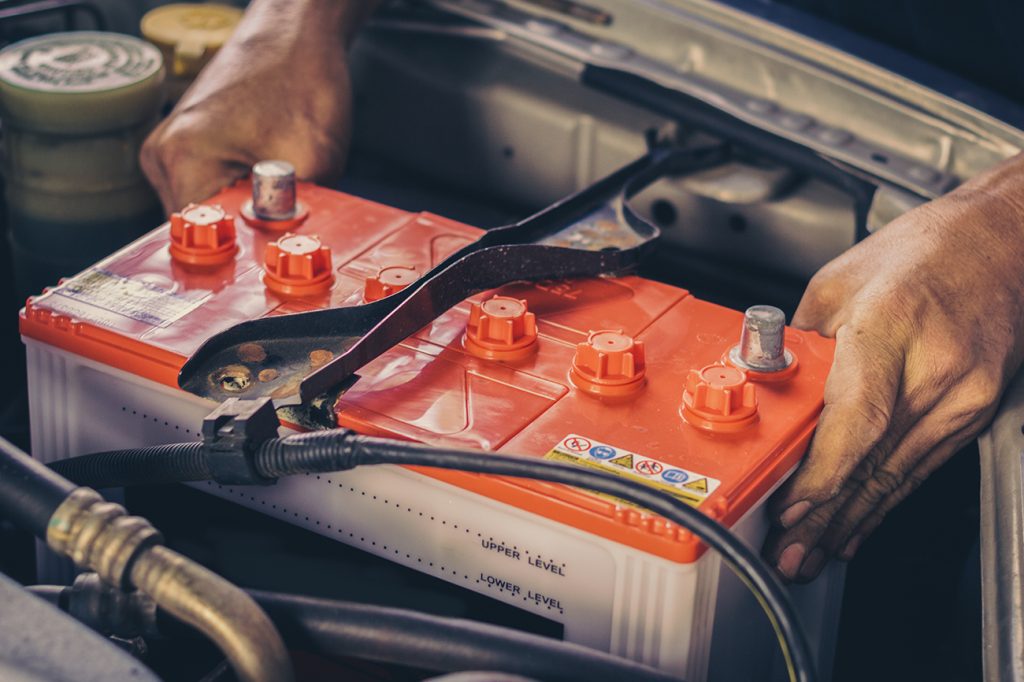Introduction
Proper battery Charging Time is critical for maintaining battery health, optimizing performance, and extending the lifespan of any energy storage system. Whether you are using lithium-ion, LiFePO4, or lead-acid batteries, knowing how long a battery should be charged ensures efficiency and prevents damage caused by overcharging or undercharging. At MANLY Battery, we provide tools like the Battery Charge Time Calculator to help users determine accurate charging times for all battery types.
The Impact of Charging Time on Battery Health
Charging a battery for too long or too short a period can significantly impact its overall health. Excessive battery charging time may cause overheating, swelling, or chemical degradation, particularly in lithium-based batteries. Conversely, insufficient charging prevents the battery from reaching full capacity, reducing performance and usable energy storage. Maintaining the correct battery charging time is essential to balance these risks.
Lithium-Ion Battery Health Considerations
Lithium-ion batteries benefit from precise charging cycles. Using proper battery charging time ensures that the cells maintain voltage balance and prevents deterioration from repeated overcharging. Properly managed charging extends the battery’s overall cycle life.
LiFePO4 Battery Health Considerations
LiFePO4 batteries are more tolerant of fast charging but still require attention to battery charging time to maintain optimal efficiency. Accurately managing charging cycles helps preserve thermal stability and prevents unnecessary stress on the battery cells.
Lead-Acid Battery Health Considerations
Lead-acid batteries are highly sensitive to overcharging, making battery charging time crucial. Overcharging can cause electrolyte evaporation, plate corrosion, and reduced capacity. Correct charging duration ensures longevity and maintains reliable performance.
Efficiency Benefits of Optimized Charging Time
Reduced Energy Waste
Accurate battery charging time minimizes energy loss during charging, saving electricity and reducing costs. Using smart chargers or calculators helps match charging duration to actual battery needs.
Consistent Performance
Proper charging ensures that batteries deliver consistent voltage and current output, maximizing efficiency for applications like solar power systems, UPS units, or electric vehicles.
Longer Lifespan
Correct battery charging time prevents stress and degradation, extending the overall lifespan and reducing replacement costs over time.
Factors Affecting Optimal Charging Time
Battery Type
Different battery chemistries have unique charging requirements. Lithium-ion and LiFePO4 batteries charge faster than lead-acid batteries, which require longer absorption and float phases.
Charger Specifications
The charger’s current and voltage must match battery specifications to achieve safe and efficient charging. Using the wrong charger may extend battery charging time or damage the battery.
Depth of Discharge
A battery that is deeply discharged will take longer to recharge than one only partially used. Considering the depth of discharge allows for accurate battery charging time planning.
Environmental Conditions
Temperature, humidity, and ventilation all affect charging efficiency. Batteries charged in optimal conditions reach full capacity more quickly and safely.
How to Monitor and Control Charging Time
Using a Battery Charge Time Calculator
Tools like the MANLY Battery Battery Charge Time Calculator allow users to quickly estimate the required battery charging time for different battery types, capacities, and charger settings. This ensures accurate and safe charging without guesswork.
Implementing Smart Chargers
Smart chargers automatically adjust charging current and duration based on battery condition, chemistry, and temperature. This prevents overcharging and ensures the correct battery charging time is maintained.
Regular Monitoring and Maintenance
Consistently monitoring voltage, current, and battery temperature helps maintain the proper battery charging time and prolongs battery health. Regular maintenance ensures that all parameters stay within safe limits.
Practical Tips for Maintaining Battery Health
- Avoid consistently using fast charging unless necessary, especially for lead-acid batteries.
- Keep batteries within recommended temperature ranges during charging.
- Use smart chargers to automatically optimize battery charging time.
- Regularly check battery capacity and performance to detect potential issues early.
Conclusion
Proper battery charging time is essential for maintaining battery health, improving efficiency, and ensuring long-term reliability. By understanding how battery type, charger specifications, depth of discharge, and environmental factors influence charging, users can make informed decisions. Tools like the MANLY Battery Battery Charge Time Calculator simplify this process, allowing for safe, accurate, and efficient charging every time. Proper management of battery charging time not only protects your investment but also ensures consistent performance across all applications.
FAQs
1. Why is managing charging time important for battery health?
Proper battery charging time prevents overcharging, reduces stress on cells, and extends overall battery lifespan.
2. Can fast charging affect battery efficiency?
Yes, excessive fast charging can generate heat and degrade battery performance over time.
3. How does temperature affect charging time?
Batteries charged at extreme temperatures may take longer and risk efficiency loss or damage.
4. Is the Battery Charge Time Calculator reliable for all battery types?
Yes, MANLY Battery’s calculator is designed to provide accurate battery charging time estimates for lithium-ion, LiFePO4, and lead-acid batteries.
5. How can I extend battery life while charging?
Use correct chargers, avoid deep discharges, monitor temperature, and follow recommended battery charging time guidelines.
